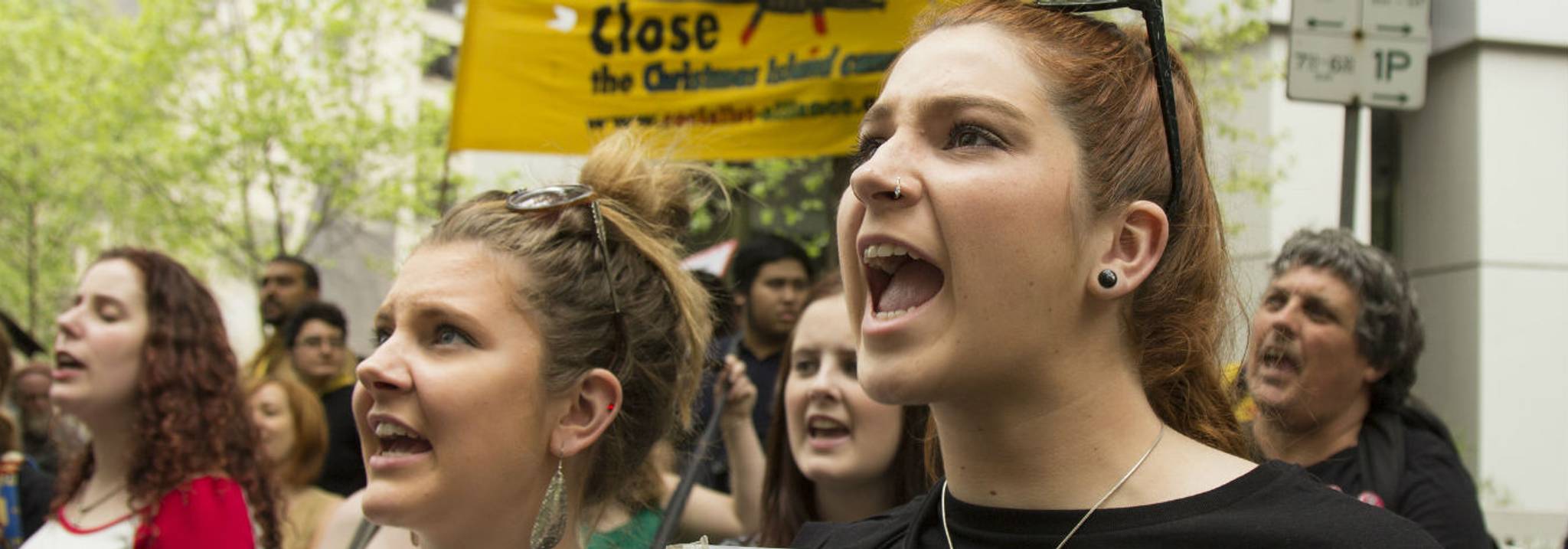
Protein World’s ‘Beach Body Ready’ advert pissed plenty of people off in 2015. Allegations of body shaming and everyday sexism ricocheted across social feeds and headlines alike, manifesting in the form of 70,000 signatures on a petition that called for the ads to be banned.
And it seems like the powers that be have listened, with London mayor Sadiq Khan taking steps to ban all ‘body shaming’ ads from London’s transport network. Although politicians have always been under pressure to listen to public opinion, trending topics and analytics have made mass opinion more tangible than ever. The movement against body shaming didn’t start in 2015, but all it took for it to be politically addressed was for a single advert going viral — one that actually gained the offending brand 5,000 new customers.
Freedom of speech has long been identified as an essential human right; it’s what connects individuals to society. And everyone wants their own opinion to be heard, right? Not necessarily. People are afraid of rejection or isolation of their beliefs so many remain silent, especially if their views go against majority opinion — as explained in ‘Spiral of Silence Theory’. But online, it’s a very different story. A third of people think it’s possible to remain anonymous online, and so are more inclined to speak their mind — especially since online anonymity is proven to make people more extroverted.
And digital activism can be an incredibly powerful tool, especially when used against authority opinion. It’s spurred social change before — veggies have boycotted GBK following its insensitive ad campaign with the hashtag #gourmetmurderkitchen. People are also more likely to take a moral stance online if they see others doing so. Today, we spend more time connected to media devices than we do sleeping, and with 70% of people thinking that social media should be used to spur social change, is ‘clicktivism’ actually an effective new norm?
Read more insights like this by signing up to the Canvas8 Library.
Hannah Elderfield is a Canvas8 behavioural analyst and a psychology graduate from the University of Kent. Outside of work she can be found shopping, walking her dog or attempting to curb her addiction to Nutella, not all at once of course.